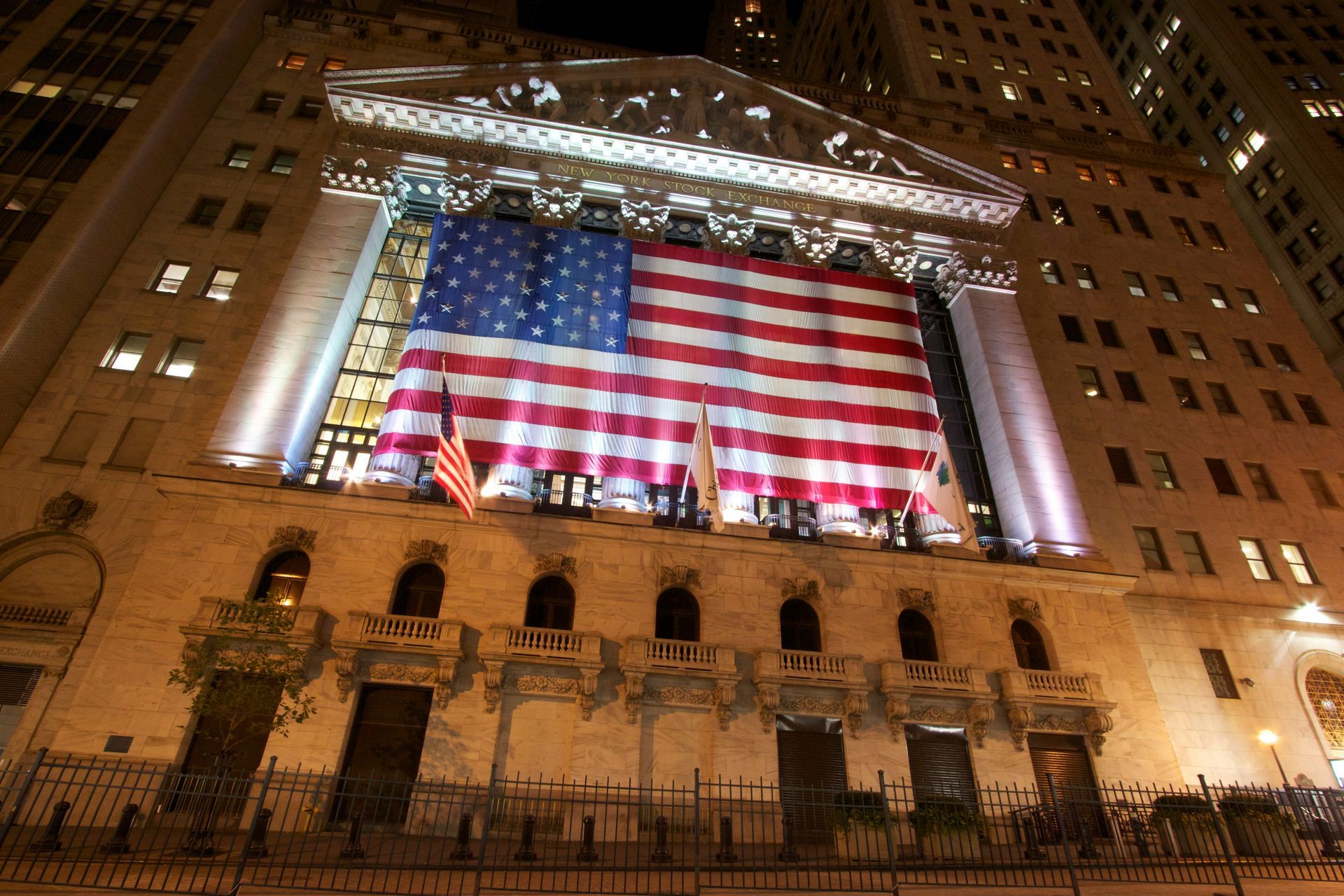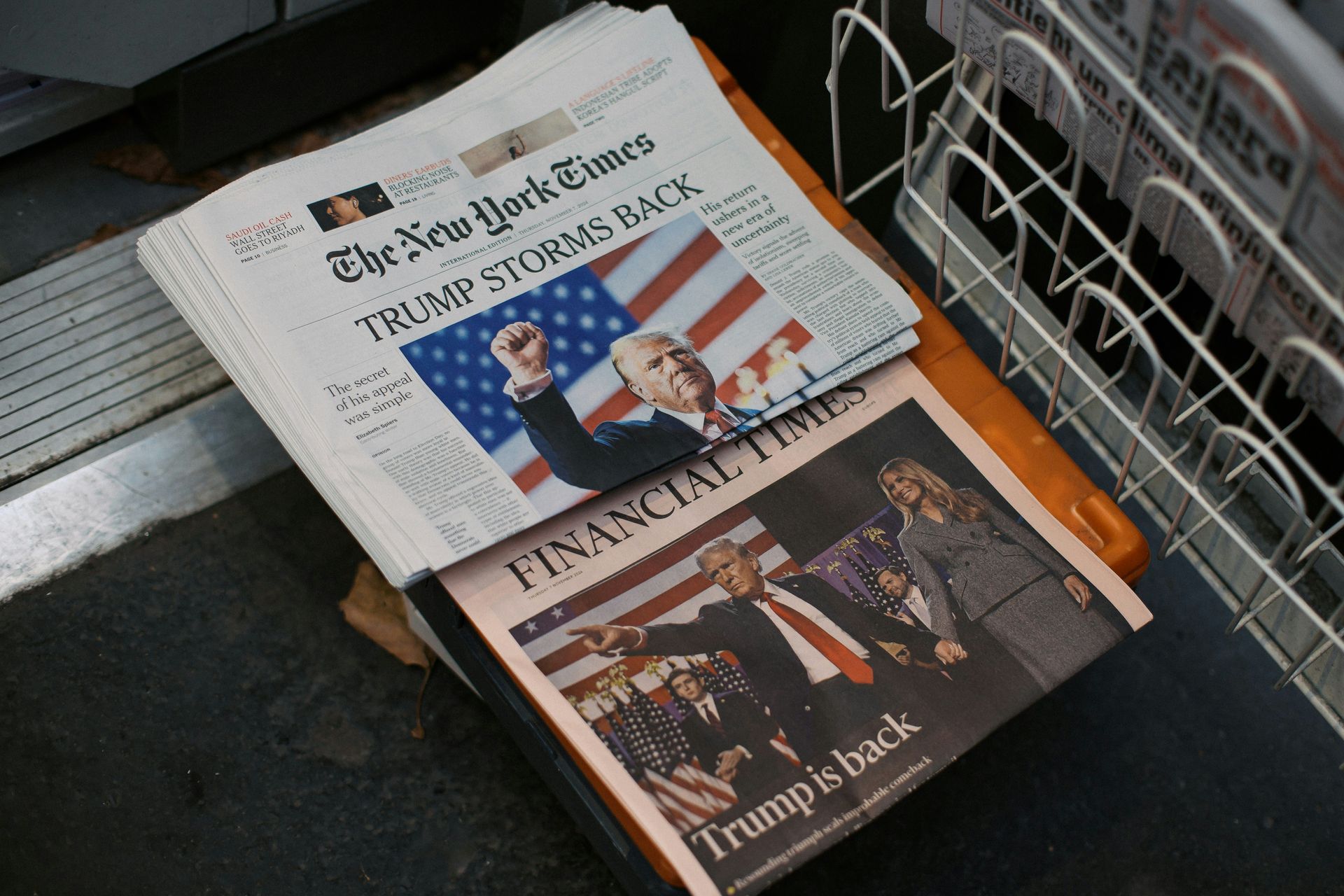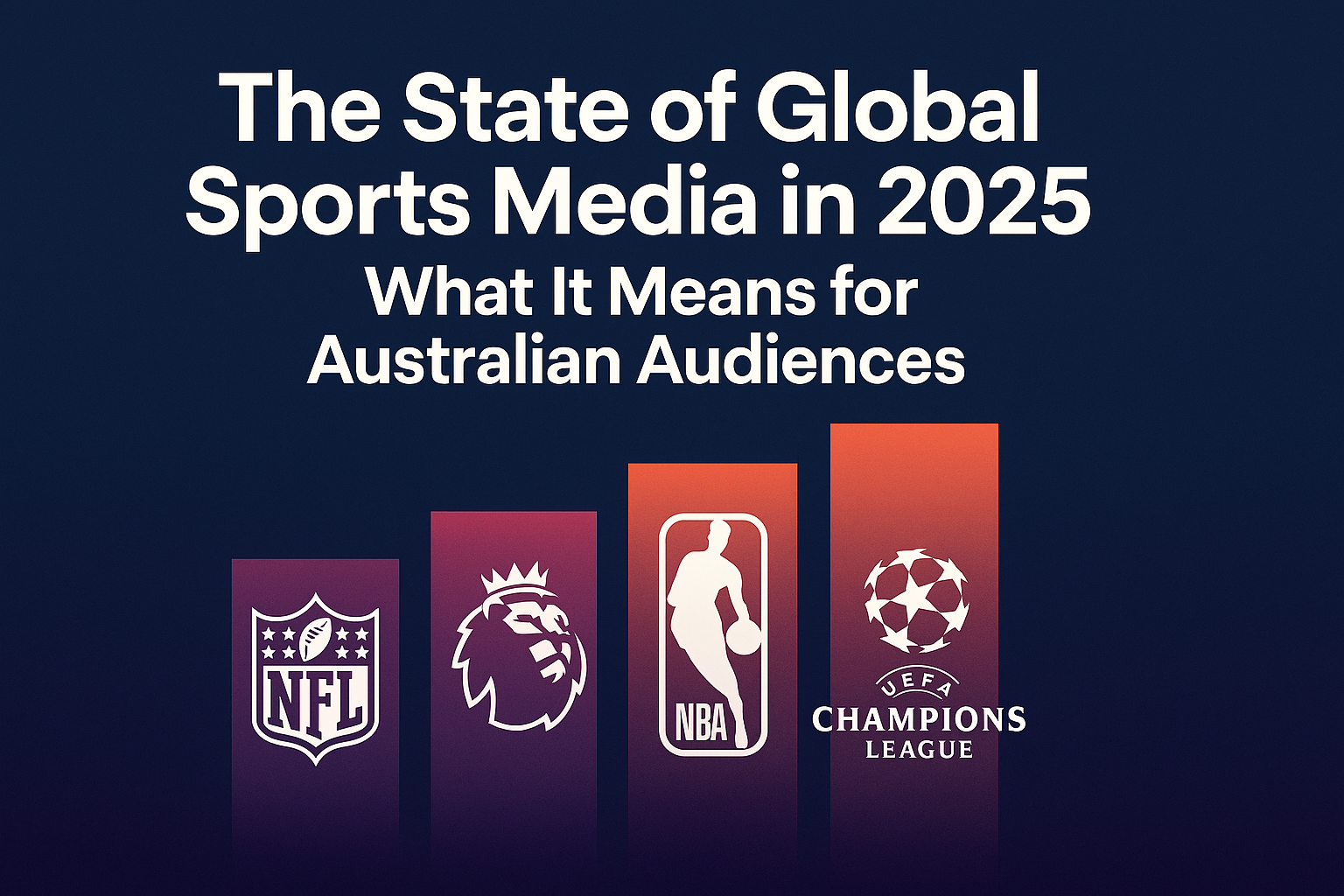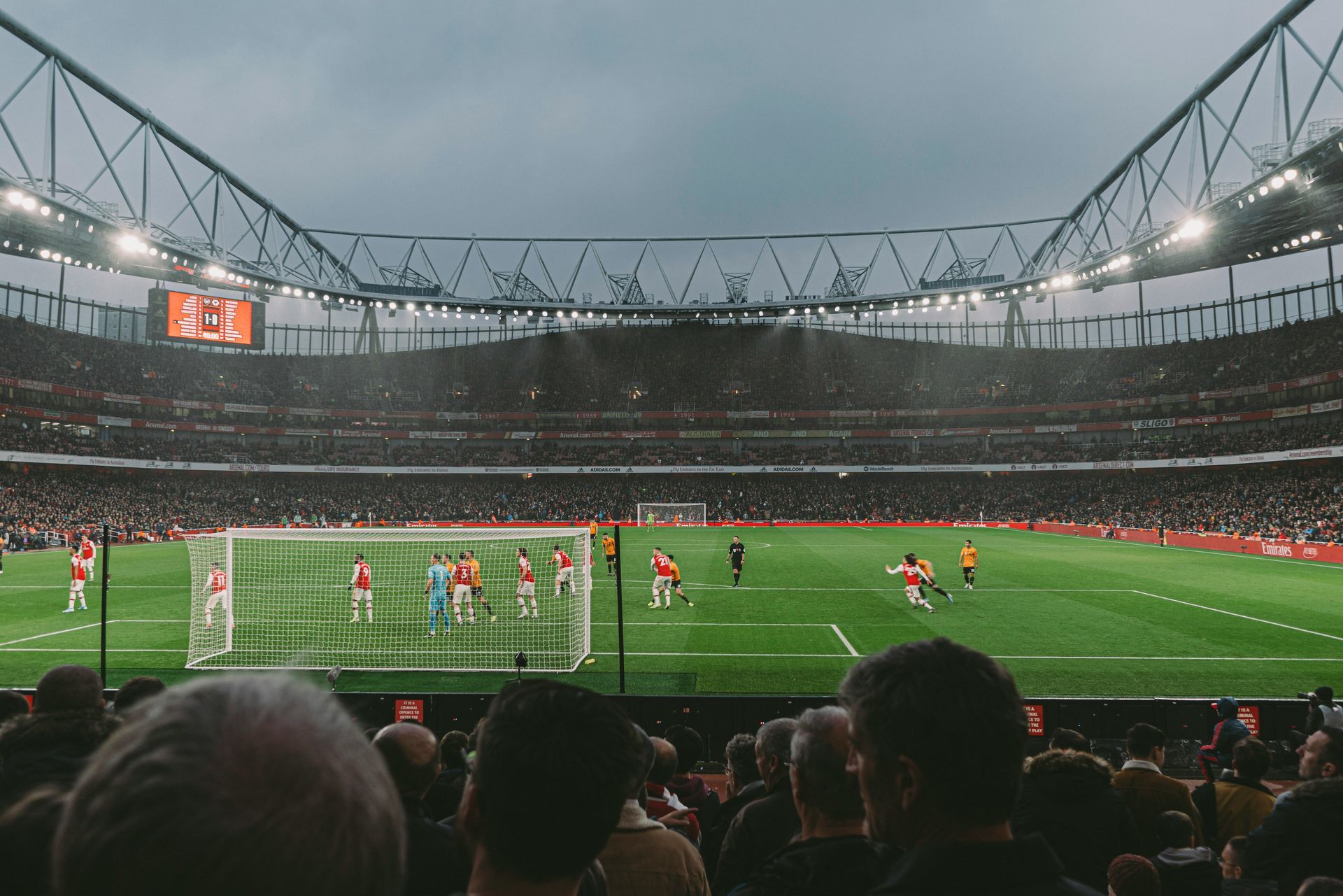
Popular This Month
Popular This Month
The American Invasion of English Football
The English Premier League has become America's playground. From Manchester United to Liverpool, Arsenal to Aston Villa, American investors have quietly orchestrated one of the most significant ownership shifts in modern football history. But why are US billionaires so drawn to English football clubs?
The Numbers Tell the Story
Currently, seven Premier League clubs operate under American ownership or significant American investment. This represents nearly 40% of the league, a remarkable concentration of US influence in what was once considered Britain's most traditional sport.
The Glazer family's controversial takeover of Manchester United in 2005 marked the beginning of this trend. Since then, we've witnessed John Henry's Fenway Sports Group acquire Liverpool, Stan Kroenke's purchase of Arsenal, and more recently, Todd Boehly's acquisition of Chelsea for a record-breaking £4.25 billion.
Financial Goldmine: The Premier League's Global Appeal
American investors recognise what many traditional English football supporters sometimes overlook: the Premier League is not just a sporting competition; it's a global entertainment product with unlimited commercial potential.
Broadcasting Revenue Revolution
The Premier League's broadcasting deals dwarf those of American sports leagues on a per-club basis. The current domestic and international TV rights deals are worth over £5 billion across three seasons. For American owners accustomed to franchise models, this guaranteed revenue stream represents extraordinary value.
Brand Recognition and Global Reach
Premier League clubs enjoy worldwide recognition that surpasses most American sports franchises. Manchester United boasts over 1.1 billion supporters globally, whilst Liverpool and Arsenal each claim hundreds of millions of fans across Asia, Africa, and the Americas. This global fanbase creates unprecedented merchandising and sponsorship opportunities.
The American Sports Business Model
US investors bring a fundamentally different approach to football club ownership, one that prioritises commercial growth alongside sporting success.
Data-Driven Decision Making
American owners have introduced sophisticated analytics and performance data systems that were previously uncommon in English football. Liverpool's use of data analytics in
player recruitment, pioneered under Fenway Sports Group, has become the gold standard for modern football operations.
Commercial Innovation
From dynamic ticket pricing to enhanced hospitality experiences, American owners have revolutionised how football clubs generate revenue. Arsenal's move to the Emirates Stadium, backed by Stan Kroenke's investment philosophy, exemplifies this commercial-first approach.
Franchise Thinking
Unlike traditional English football culture, American owners view clubs as franchises with unlimited growth potential. This perspective has led to significant infrastructure investments, from training facilities to stadium renovations.
Cultural Clash: Tradition Meets Commerce
The American takeover hasn't occurred without resistance. Traditional supporters often view these ownership changes as threats to football's cultural heritage.
Fan Protests and Super League Controversy
The failed European Super League proposal in 2021, heavily backed by American-owned clubs, highlighted the tension between commercial ambitions and football tradition. Manchester United, Liverpool, and Arsenal supporters staged significant protests, demonstrating the cultural divide between American business practices and English football values.
Ticket Pricing and Accessibility
American owners' commercial focus has sometimes resulted in increased ticket prices, potentially pricing out working-class supporters who form football's traditional core fanbase. This gentrification of football remains a contentious issue across American-owned clubs.
Strategic Investment Advantages
Several factors make Premier League clubs particularly attractive to American investors compared to other global football leagues.
Political and Economic Stability
The UK's stable political environment and strong legal framework provide security for long-term investments. Unlike some European leagues, English football operates within predictable regulatory and commercial structures.
Language and Cultural Familiarity
The shared language and cultural similarities between the UK and US reduce operational barriers for American investors. This familiarity enables more effective management and marketing strategies.
No Financial Fair Play Restrictions on Ownership
Unlike some European leagues, the Premier League's financial regulations don't prevent wealthy American investors from injecting capital, provided they meet fit-and-proper person tests.
Success Stories and Cautionary Tales
American ownership has produced mixed results across different clubs, illustrating both the potential and pitfalls of this investment approach.
Liverpool: The Gold Standard
Fenway Sports Group's stewardship of Liverpool represents American ownership at its finest. Strategic investments in management (Jürgen Klopp), facilities (new training ground), and players have delivered Champions League and Premier League success whilst maintaining commercial growth.
Manchester United: The Controversy
The Glazer family's ownership of Manchester United demonstrates the potential downsides of leveraged buyouts and dividend extraction. Despite commercial success, on-field performance has declined, and supporter relations remain strained.
Arsenal: Steady Improvement
Stan Kroenke's ownership of Arsenal shows gradual progress. After years of criticism for insufficient investment, recent transfer spending and infrastructure improvements suggest a more committed approach to sporting success.
The Future of American Investment
The trend towards American ownership shows no signs of slowing, with several factors driving continued US interest in Premier League clubs.
Growing US Football Fanbase
Football's popularity continues to surge across America, driven by Premier League broadcasts and high-profile player transfers. This domestic interest makes Premier League investments increasingly attractive to US media and entertainment companies.
Cryptocurrency and Technology Integration
American owners are pioneering digital innovation within football, from blockchain-based fan tokens to virtual reality experiences. These technological advantages could reshape how football clubs engage with global audiences.
Women's Football Investment
Several American-owned Premier League clubs have made significant investments in women's football, recognising the growth potential in this undervalued market segment.
Economic Impact on English Football
American investment has fundamentally altered the financial landscape of English football, with both positive and negative consequences.
Increased Competition and Player Wages
US investment has inflated player wages and transfer fees across the Premier League. Whilst this attracts top international talent, it also creates financial pressures for clubs without wealthy American backers.
Infrastructure Development
American owners have invested billions in stadium improvements, training facilities, and youth academies. These infrastructure projects benefit local communities and enhance England's football development capabilities.
Commercial Innovation Leadership
Premier League clubs now lead global football in commercial innovation, from digital marketing strategies to fan engagement technologies. This commercial sophistication has elevated English football's international profile.
Regulatory Responses and Government Intervention
The UK government and football authorities have begun responding to concerns about foreign ownership concentration in English football.
Independent Football Regulator
The proposed independent football regulator could introduce stricter ownership tests and financial sustainability requirements. These regulations may impact future American investment strategies.
Fan Ownership Models
Some politicians advocate for fan ownership stakes or golden shares, potentially limiting American investors' operational control over traditional English clubs.
Global Competition for Football Investment
American investors face increasing competition from sovereign wealth funds and other international investment groups seeking Premier League assets.
Middle Eastern Investment
Saudi Arabia's purchase of Newcastle United and ongoing speculation about other Middle Eastern investments creates competition for American buyers.
Asian Market Interest
Growing wealth in Asia, particularly China and India, may produce alternative ownership models that challenge American investment dominance.
Conclusion: The New Reality of English Football
American ownership of Premier League clubs represents an irreversible transformation of English football. Whilst cultural tensions persist, the commercial success and global expansion achieved under US ownership cannot be ignored.
The challenge moving forward lies in balancing American business acumen with English football tradition. Successful American owners like Fenway Sports Group demonstrate that commercial success and sporting heritage can coexist, provided investments prioritise both profit and passion.
As the Premier League continues evolving into a global entertainment product, American ownership will likely expand further. The question isn't whether Americans will continue investing in English football, but rather how this investment will shape the future of the world's most popular sport.
For Australian football fans watching this transformation unfold, the American takeover of the Premier League offers both inspiration and caution. As our own A-League seeks international investment and global relevance, the Premier League's American experiment provides valuable lessons about balancing commercial ambition with sporting tradition.
The American dream has found a new home in English football stadiums, and its influence will continue shaping the beautiful game for generations to come.
Ready to Transform Your Relationship with Sport?
Whether you're a sports club seeking sustainability or a brand wanting to leverage
sport's power, Back5 has the proven strategies to help you succeed.







